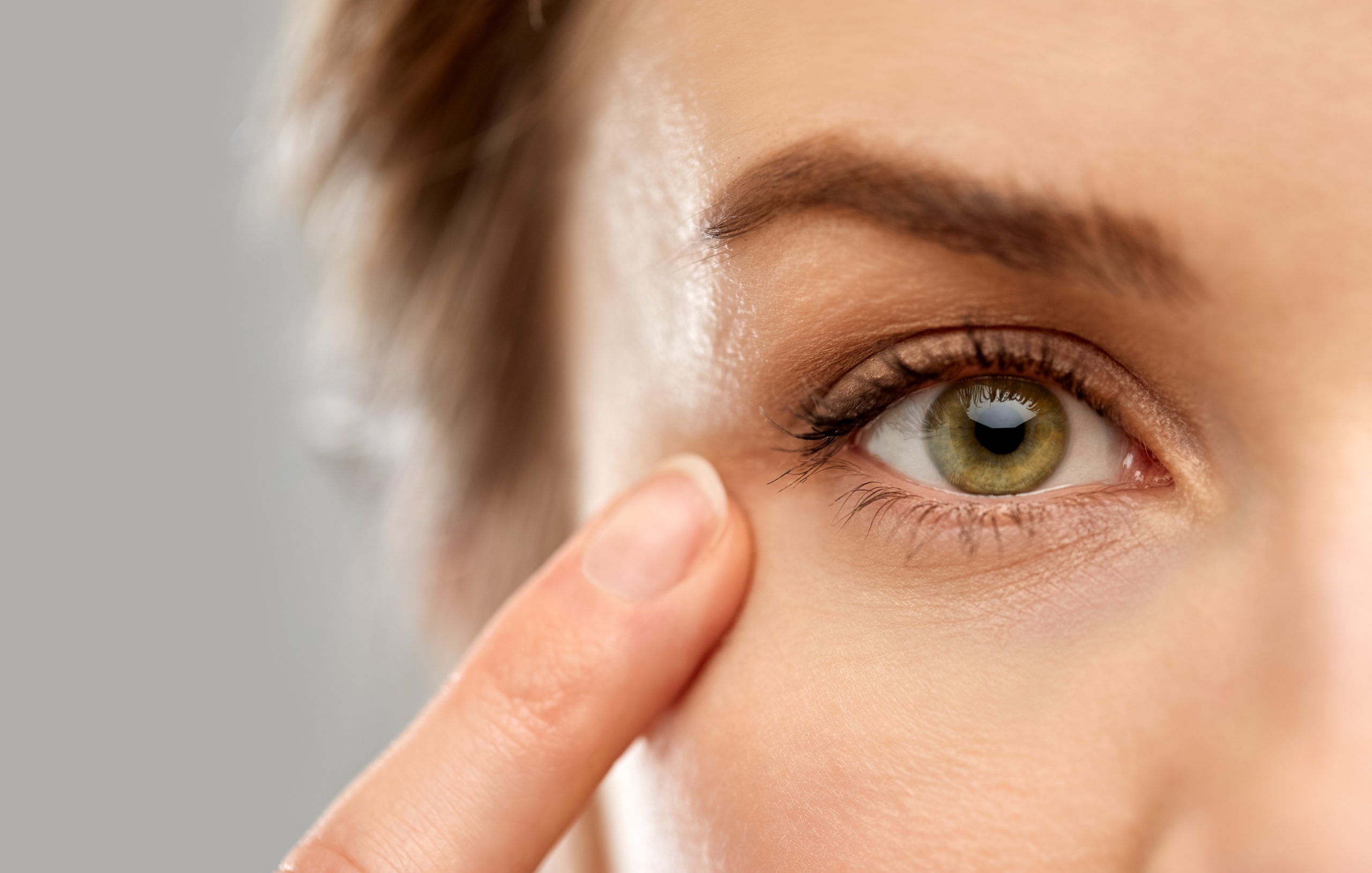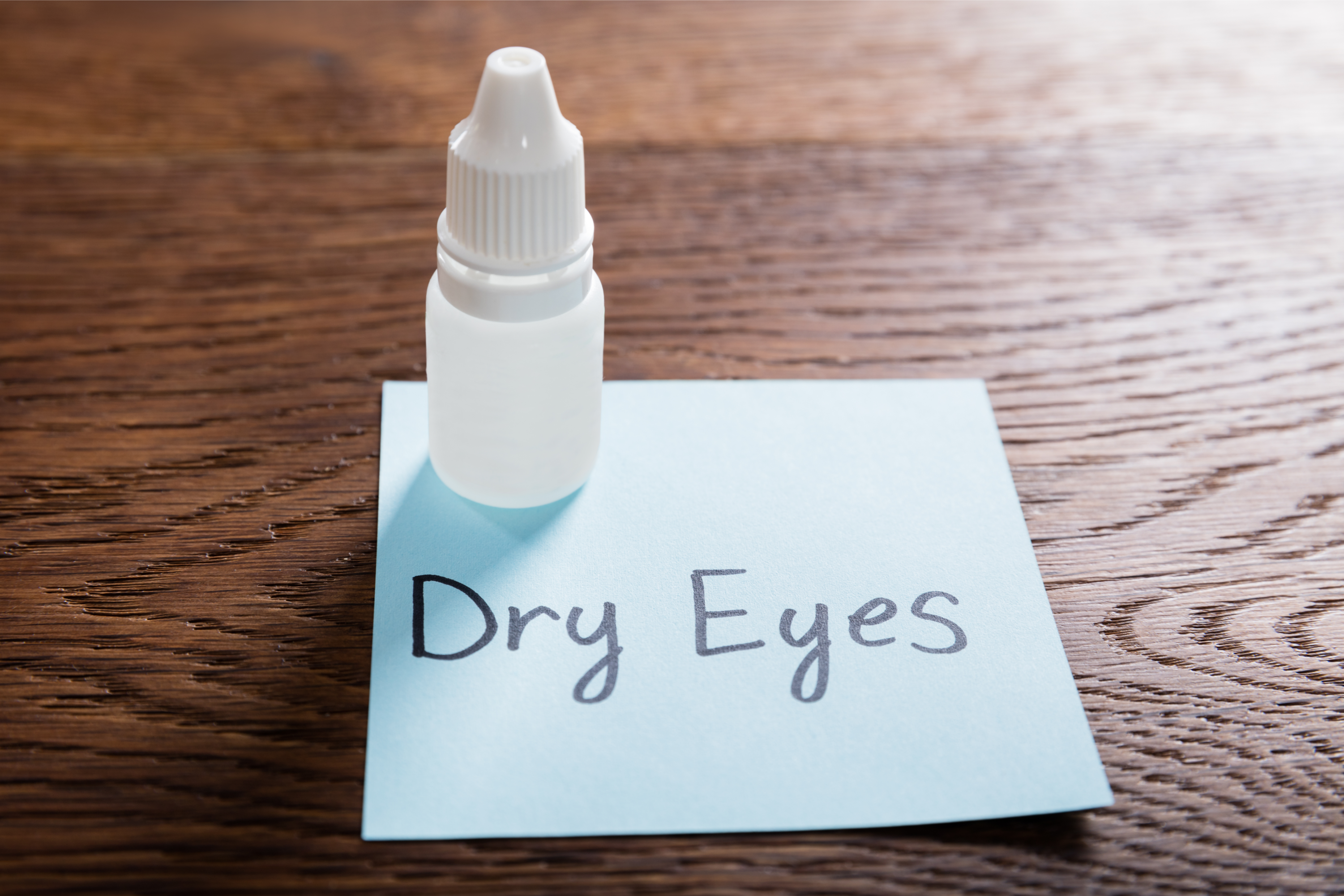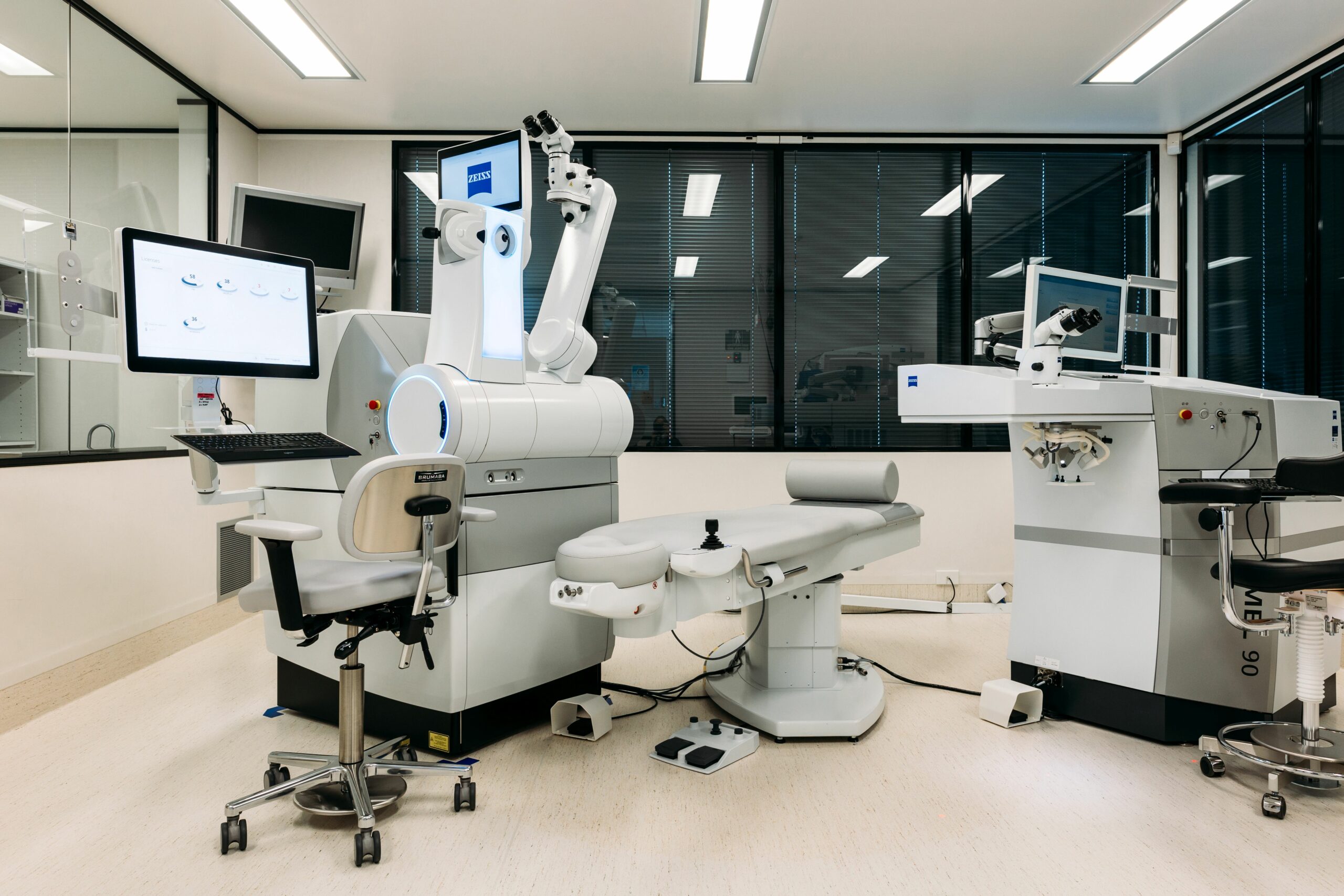
Wellington Eye Centre Optometrist
Have you been caught short over lockdown and have run out of your eye drops? Or maybe the eye drops you normally use aren’t on the shelves in your supermarket or pharmacy?
To help you navigate this we have outlined some options below.
Prescription eye drops
For those of you using prescription only eye drops, for example for the treatment of glaucoma, uveitis, infection or severe dry eye, it is really important to keep using your eye drops. Before you run out, get in touch with the eye care practice that prescribed them. Even during lockdown they should be able to repeat your prescription for you.
If for any reason it isn’t possible for you to contact your original eye care practice, and you need to see another practitioner, it is likely you will need to have an examination with them, maybe in person, maybe over the phone. Be patient, as they may not know your full history, and it is important that they know your history before prescribing your eye drops.
For those patients who may have your surgeon’s cell phone number, please only use that for emergencies.
DO NOT STOP TAKING YOUR EYE DROPS.
Laser Vision Correction patients
After surgery we recommend using Systane Ultra UD. These are the drops in your surgical packs. They are preservative free lubricating eye drops supplied in single unit doses (small plastic vials that contain 4+ drops in them). The key here is that they are preservative free.
Systane Ultra UD
Systane Ultra UD is usually available at pharmacies. But should your pharmacy be out of stock, here are some alternatives;
- Hylo-fresh (which we often switch patients to about 1 – 4 weeks after surgery)
- Hylo-forte (Similar to Hylo-fresh, just more viscous)
- Systane Hydration UD preservative free
- Bion tears preservative free
- Refresh preservative free
Preservative Free Eye Drops
Should you be unable to obtain any of the above preservative free substitutes, you can use preserved options. Although, these preservatives have been known to cause irritation to some people. This is more likely to occur immediately after surgery, when the cornea is under stress. These issues are minimised if you are using the eye drop three times or less a day.
Preserved options OK for most people to use are;
- Systane Ultra
- Systane Hydration
- Refresh Tears Plus or Refresh Contacts Eye Drops (even if you don’t wear contact lenses)
Dry Eye Disease
Good news for dry eyes – if you are on a break from work over lockdown it means don’t have to put up with as much air-conditioning, computer screen work or fluorescent lights! These are well-known enemies of the dry eye sufferer. Although lockdown for many of us involves more screen work!
Many of the eye drops you currently use are available from the supermarket. But if you are having trouble finding your preferred treatments, see the section above for laser vision correction patients. The dry eye products used after laser surgery are usually the same for other causes of dry eye.
Meibomian Gland Dysfunction and Anterior Blepharitis Treatments
For those of you who have been told you have blepharitis (anterior or posterior), meibomian gland dysfunction, or perhaps you know that it is the oil component of your tears that needs help. We tend to recommend different eye drops and sometimes other treatments as well.
If you are on any of these three eye drops;
- Novatears
- Systane Complete
- Systane Balance
They are usually available from pharmacies, they are unlikely to be available from supermarkets. You will probably find one of these products suits you better, but there should be no significant issue with you interchanging these three with each other. Keep in mind that only Novatears are preservative free though. However, these drops are usually only used 1-3 times per day anyway, so irritation from preservatives is unlikely.
Some of you may have been recommended other products such as:
OcuSoft Spray or Gel or Optimel Eye Drops or Gel
These will not be available at your supermarket and are unlikely to be at your pharmacy either. Some Optometry practises stock these, or they may be able to offer you alternative products.
A New Zealand based website, Eye Care Solutions, has Optimel Manuka Honey Eye Drops and Gel available. They also have a product similar to OcuSoft Spray or Gel which is Thera Tears SteriLid Antimicrobial Eye Lid Cleanser.
Krill Oil, Fish Oil, Flaxseed Oil or other Omega Supplements
Should you be using any of these products for dry eye, you should be OK to switch brands. Omega supplements such as these are readily available in your supermarkets and pharmacies.
Before having any surgery, let your specialist know you are taking these, they will most likely recommend you stop taking them in the short term. As high doses of fish oil/Omega supplements may increase the chances of bleeding.
Hay fever and allergy sufferers
Most anti-allergy eye drops are available over the counter from pharmacies, but not from supermarkets.
Patanol (Olopatadine) is the anti-allergy drop most frequently recommended for all levels of allergic eye conditions. Patanol is only available on prescription, it is an antihistamine and a mast cell stabiliser. If you have run out, you might be able to get a repeat prescription from your GP or Optometrist, or you could try the over the counter option of Zaditen, which has a similar effect.
There are some allergy drops available over the counter, so no prescription is required. For most hay fever sufferers the antihistamine eye drops Zaditen or Livostin can be effective. There is also Lomide, a mast cell stabiliser eye drop, that is also available over the counter.
Not all anti-allergy eye drops are antihistamines or mast cell stabilisers. There is a group of eye drops that act in a very different way, called vasoconstrictors or decongestants. Albalon (and Albalon-A), Clear Eyes (and Clear Eyes-A) and Naphcon (and Naphcon-A) will usually help reduce redness, itchiness and swelling but they aren’t recommended for people with some forms of glaucoma, or with risks factors for angle closure glaucoma. They also aren’t recommended for long term use, so if you’ve not used them before check-in with your eye care professional.
For more on allergies and the eyes check out this blog.
During this time, if you are a surgical patient at the Wellington Eye Centre and need urgent advice, call the numbers provided with your surgical documents. Alternatively, you can email us on info@wefixeyes.co.nz and we will get back to you as soon as possible.

Festive Season and Your Eyes

Vitamins For Good Eye Health and Vision

Help my eyelid is twitching!

Do you need to have eye exams after laser eye surgery?

Restasis Eye Drops for the Treatment of Dry Eyes

Meet The Team at the Wellington Eye Centre

Festive Season and Your Eyes

Naumi Studio Hotel Wellington

What to Expect on The Day of Surgery

